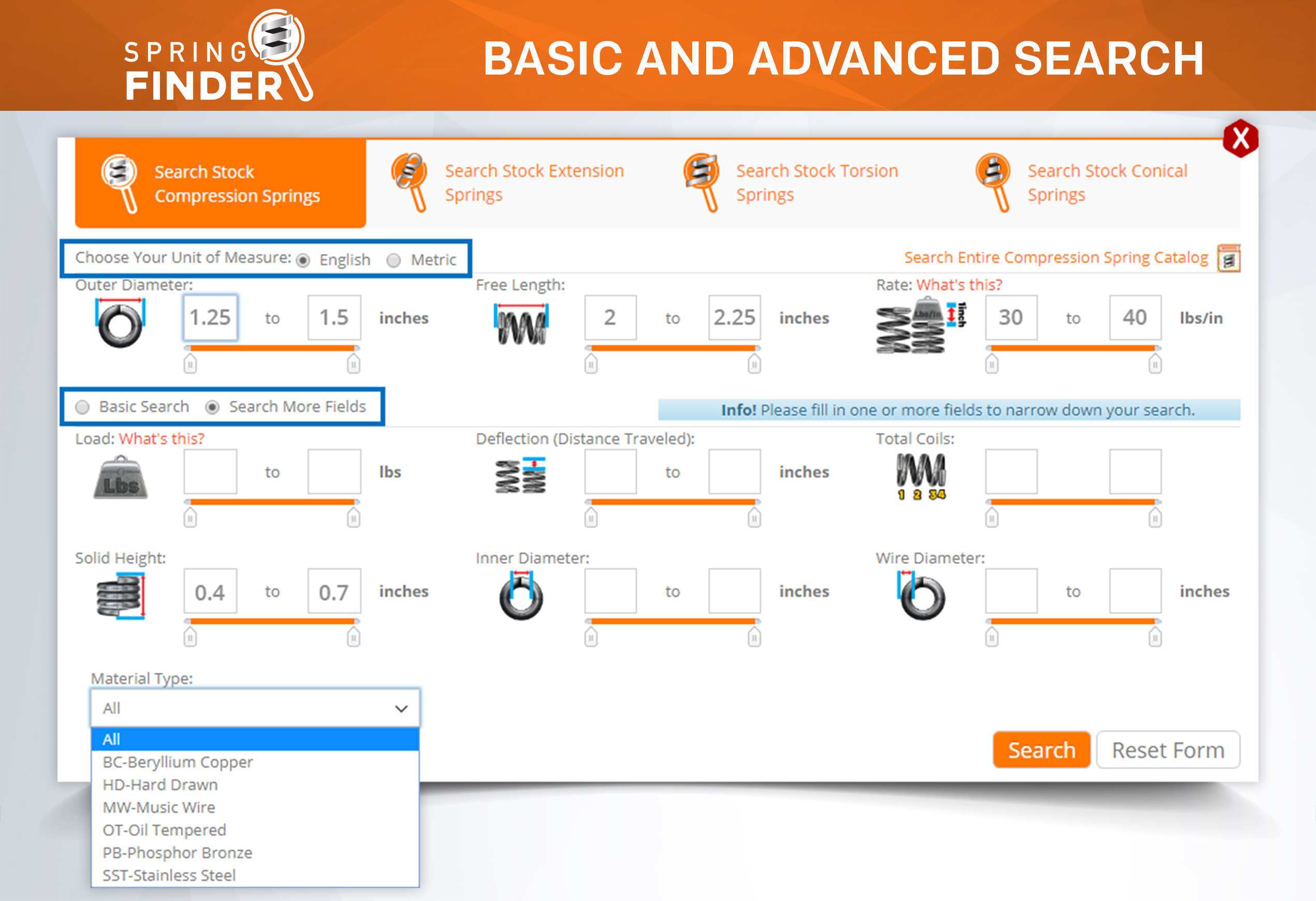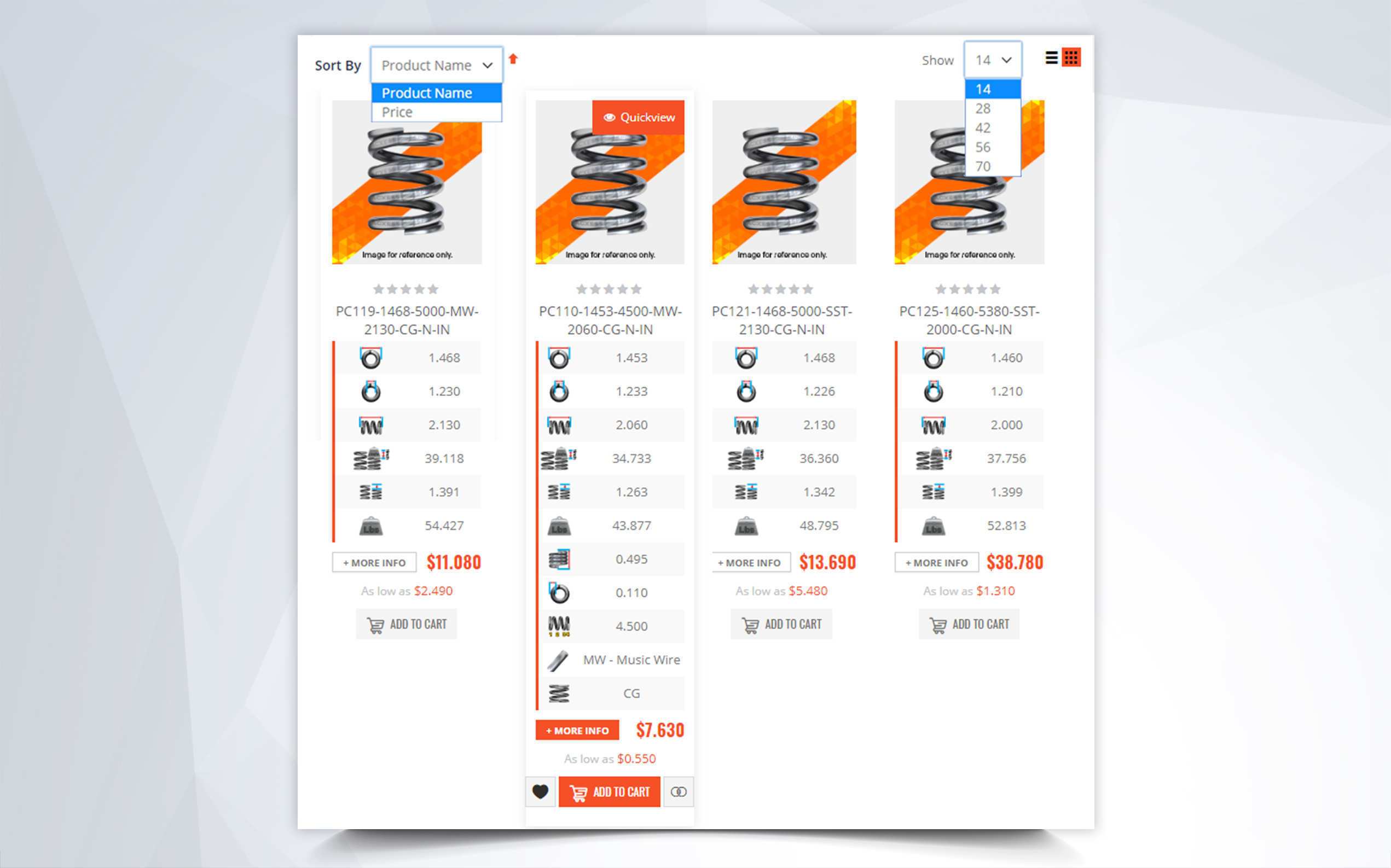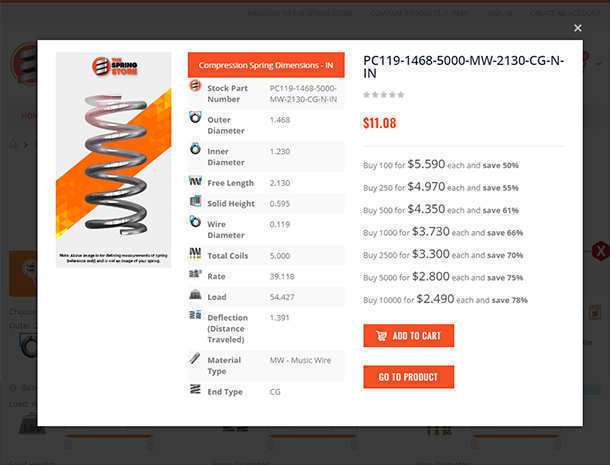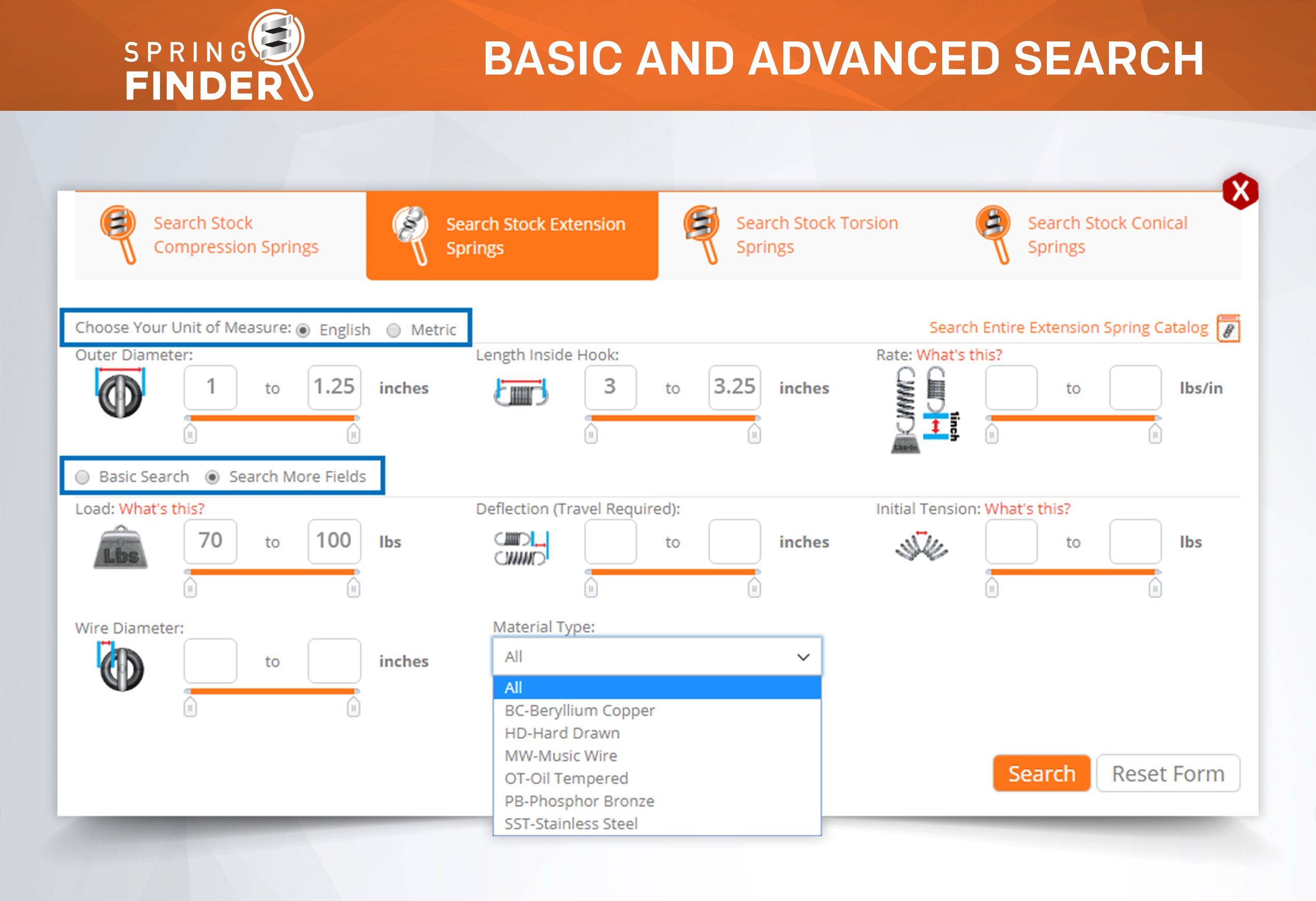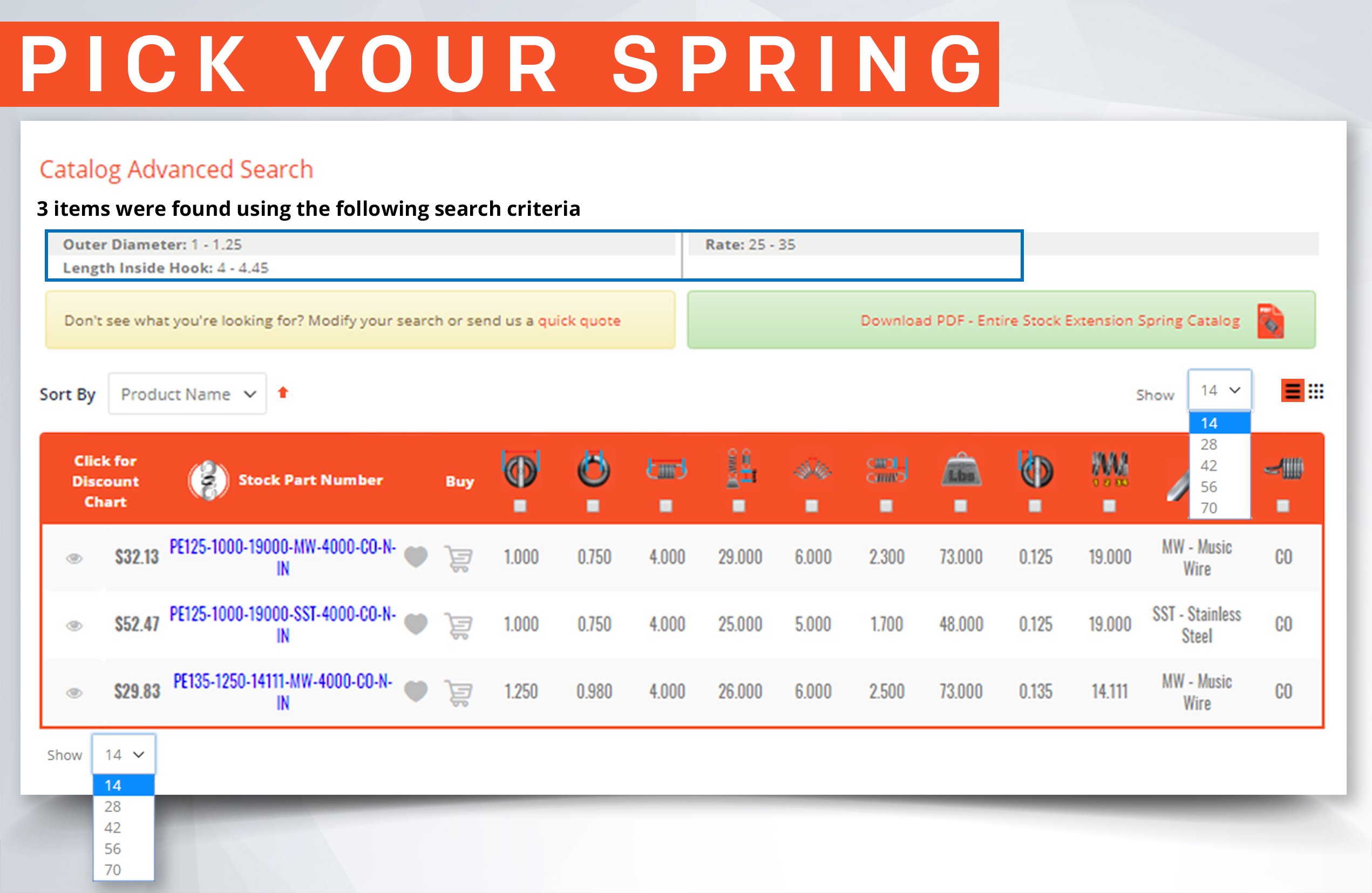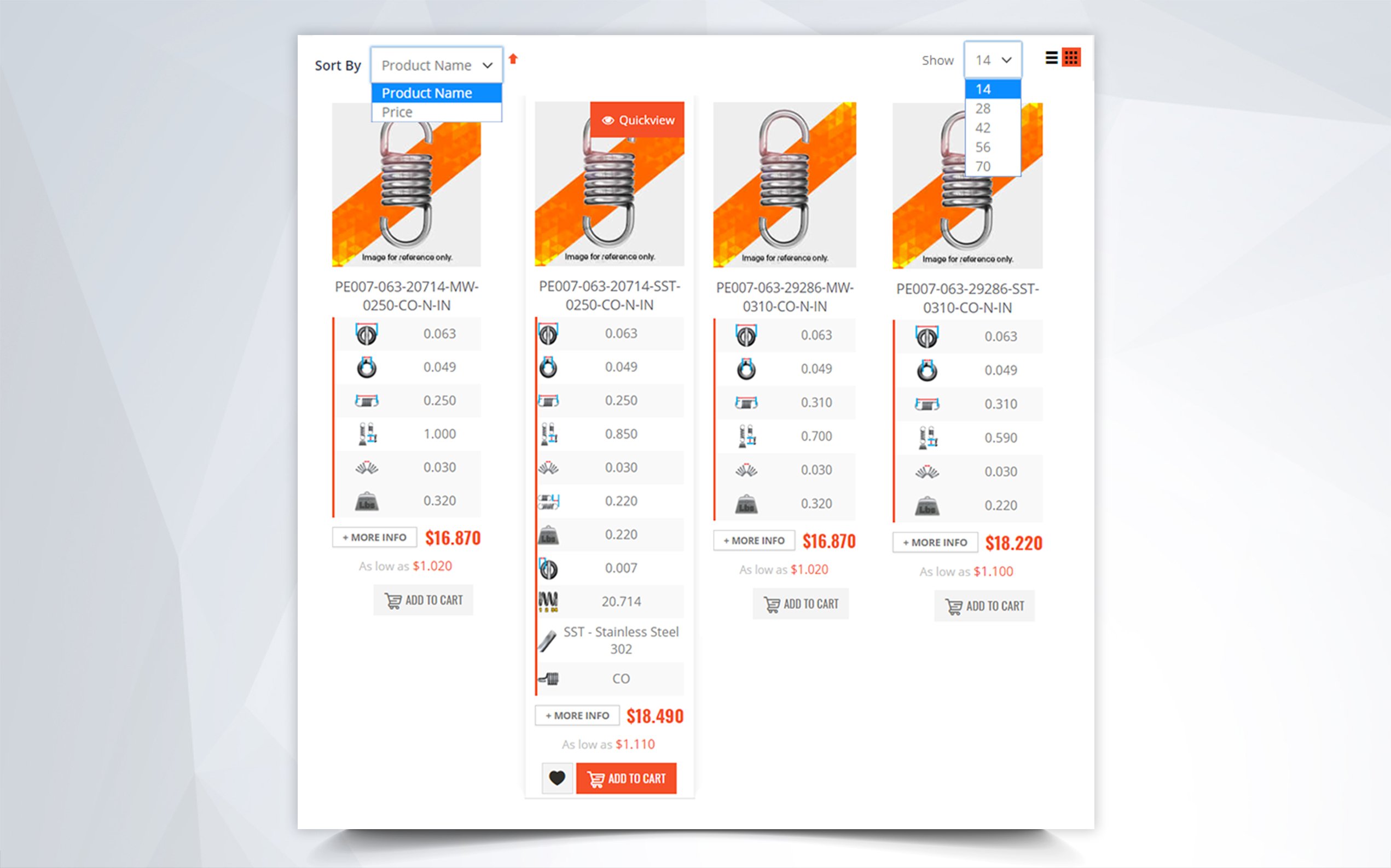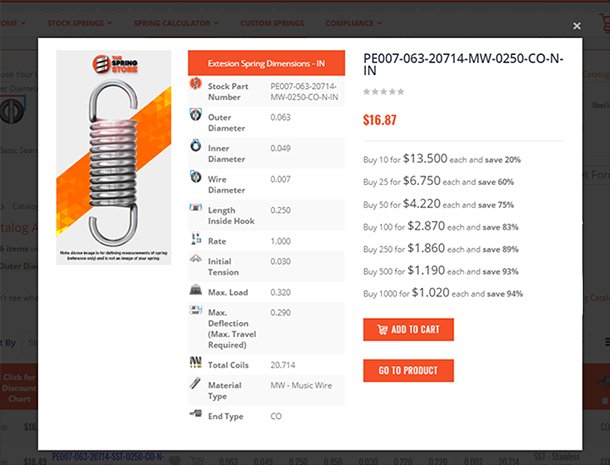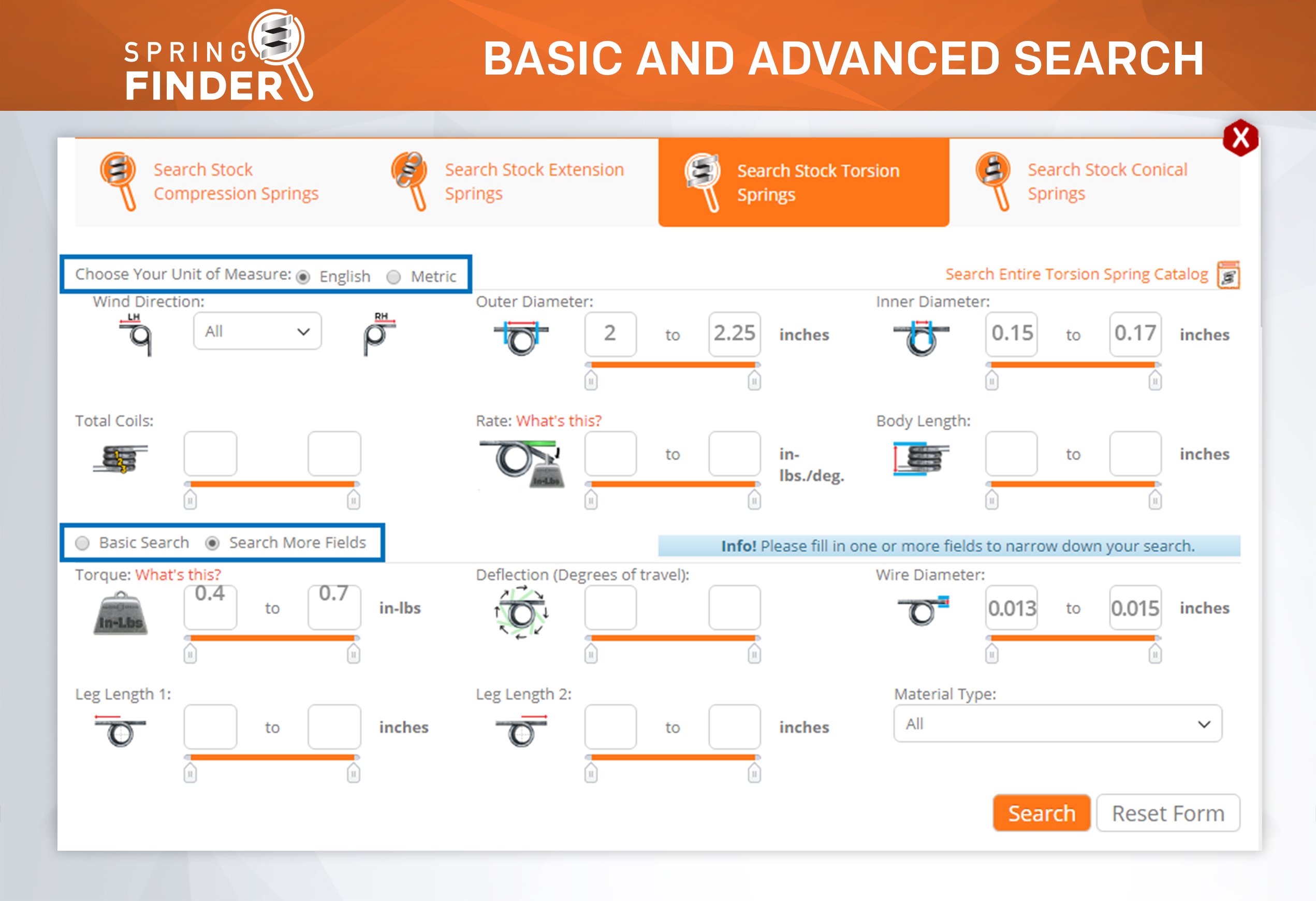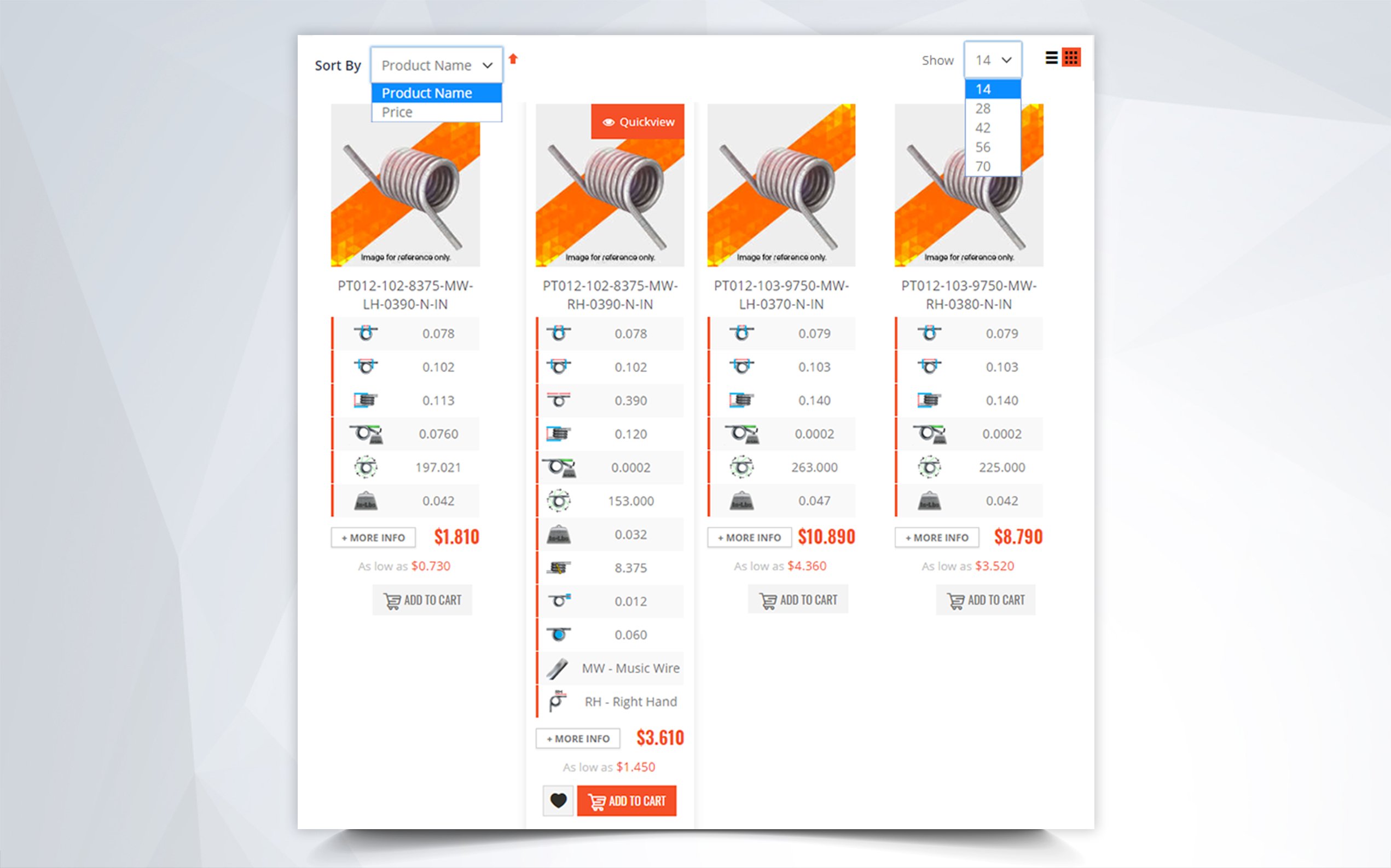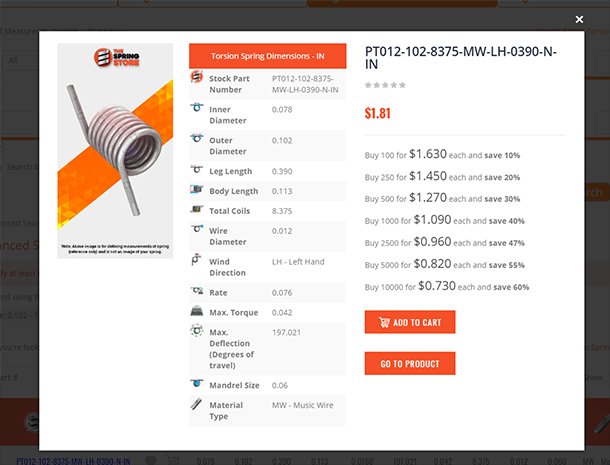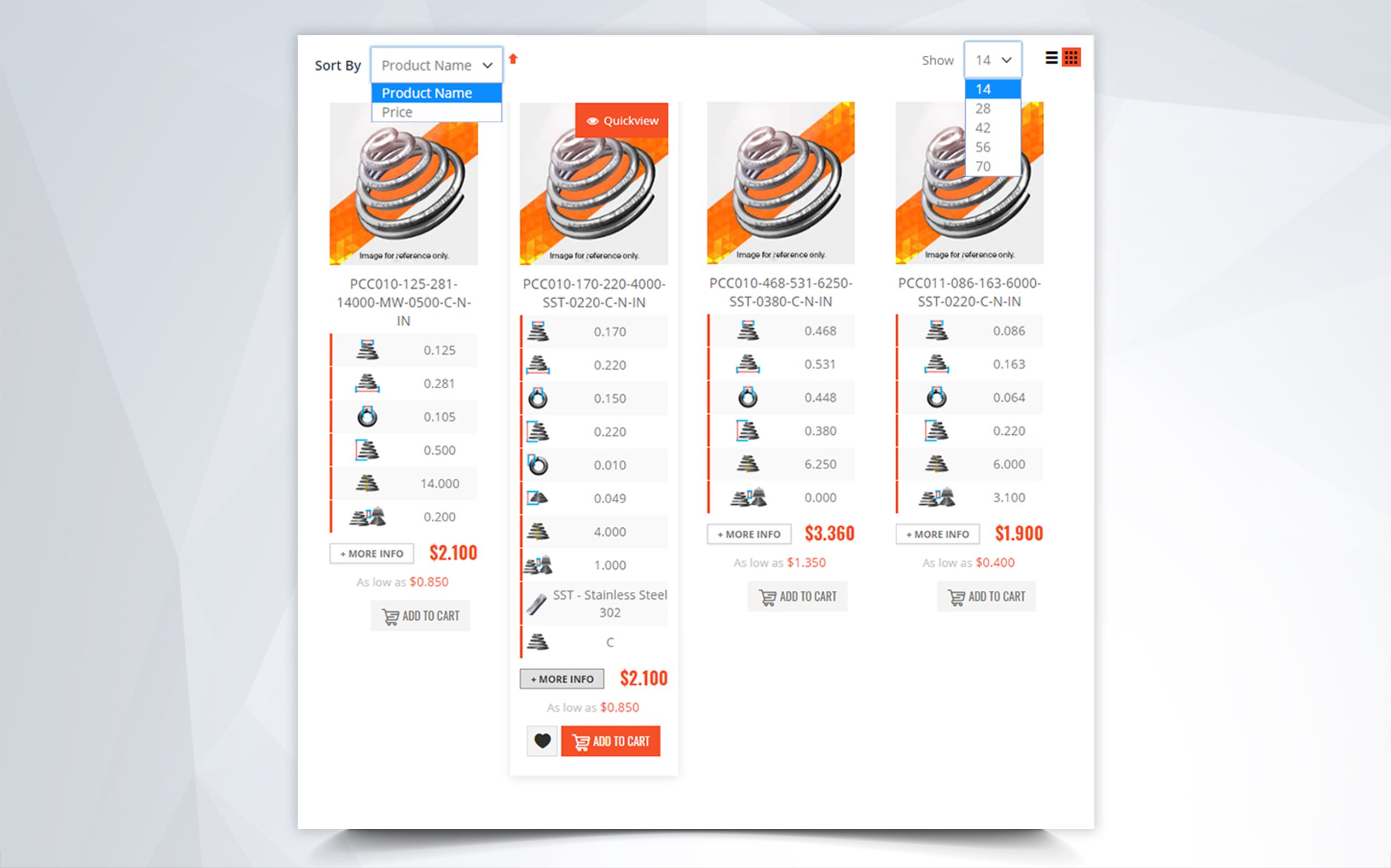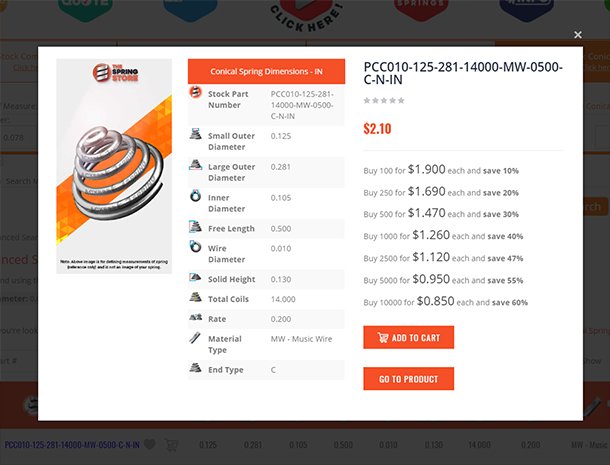Top 3 Metal Spring Materials
The Three Most Common Material Types for Metal Coil Springs
There are different types of materials used when manufacturing metal springs. Since each type of material has different properties, it is important to consider this when designing or selecting a spring. The most common spring materials are: Music Wire, Stainless Steel and Chrome Silicon. Each can provide certain advantages or disadvantages depending on the use and application of your spring. Consider the properties of each in order to select the right one.
Music Wire
Music Wire is the most common type of material in spring manufacturing. The more specific material name is Music Wire ASTM A228. This type of spring wire can resist a max temperature of 250ºF (121ºC) and has a Rockwell hardness of C41-60. What makes this material ideal is that it is both strong and economical. However, it is not recommended for springs that will be exposed to humidity or moist environments, as it is prone to rusting in these conditions. This material is ideal for most applications where high temperatures and humidity are not a factor. Other names for this type of material are: Spring Steel and Panel Wire.
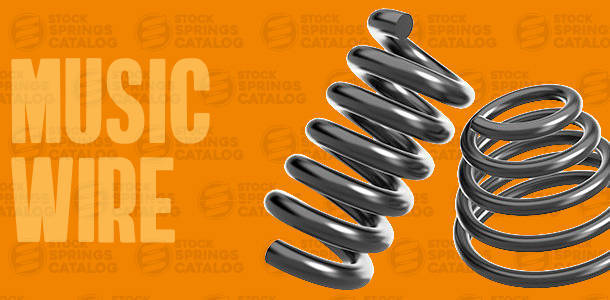
Stainless Steel
Stainless Steel is quite a popular material for metal coil springs. There are three main types of stainless steel wire: Stainless Steel 302 (ASTM A-313), Stainless Steel 316 (ASTM A-316), or Stainless Steel 17-7 (ASTM A-313).
The most popular and most recommended type of Stainless Steel is Stainless Steel 302 and it can resist temperatures as high as 550º F (288º C). Contrary to popular belief, Music Wire is actually stronger than Stainless Steel. However, unlike music wire, stainless steel can withstand much higher temperatures and will not rust in humid or corrosive conditions. This makes stainless steel springs ideal for medical applications and high temperature conditions.
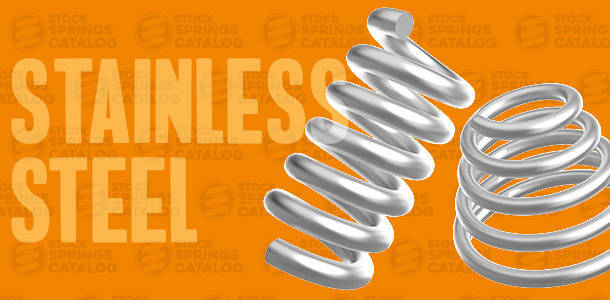
Chrome Silicon
This material type is the third most common. It is an Alloy Steel wire and it is better than Music Wire when it comes to withstanding high temperatures. It is also stronger than Stainless Steel. However, it is not recommended for humid conditions as it will rust when exposed to moisture. The maximum temperature it can resist is 475º F (246ºC). The high tensile strength of Chrome Silicon is ideal for specialty springs where more travel is required out of the metal spring. The material properties allow it to provide more force and higher elasticity than oil tempered.
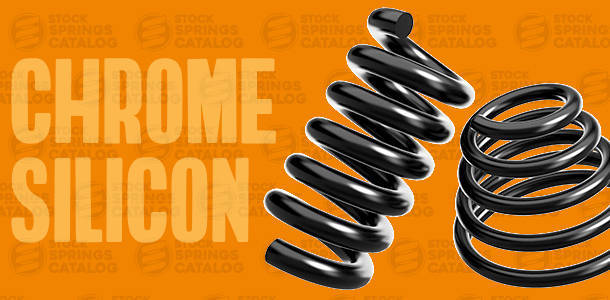
Other Coil Spring Materials
Although music wire, stainless steel 302, and Chrome Silicon are the three most common materials for metal springs there are also a few others that are requested and used for spring manufacturing. At CompressionSpring.com we also work with these other material times that are sometimes requested:
- Oil Tempered MB ASTM A229
- Carbon Valve ASTM A230
- Hard Drawn ASTM A227
- Stainless 17-7 ASTM A313
- Stainless 302 ASTM A313
- Stainless 316 ASTM A316
- Chrome Silicon ASTM A401
- Phos-Brnz Grd A ASTM B159
- Beryllium copper ASTM B197






